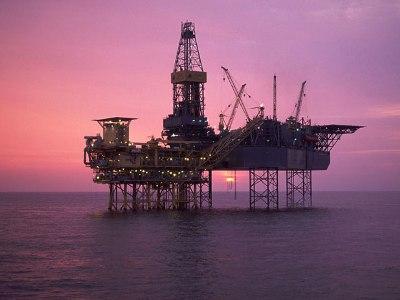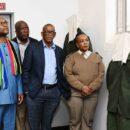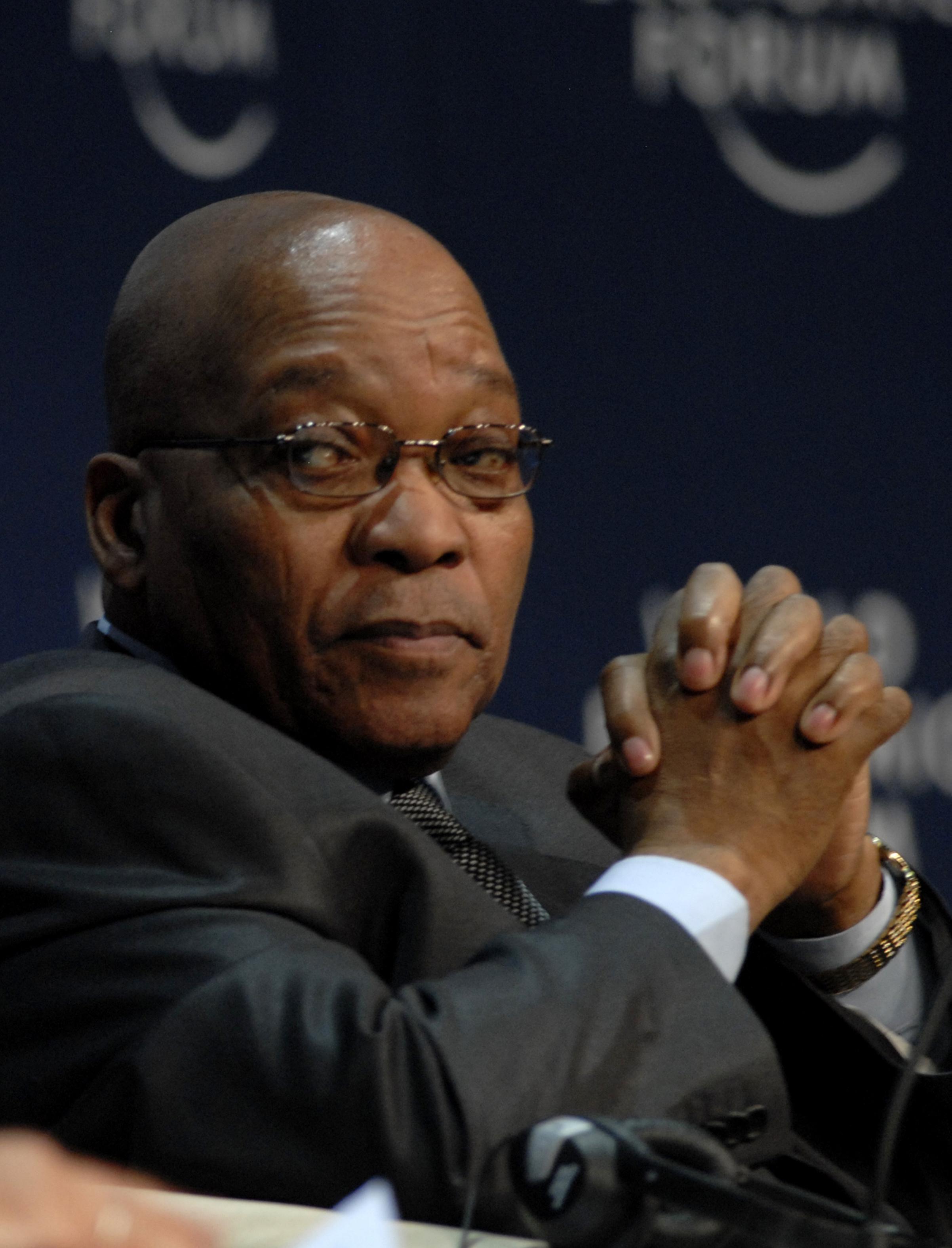Oil: Sierra Leone calling all Takers – By Nana Ampofo, Songhai Advisory

 Interest in West African oil acreage has steadily increased in recent years and governments along the Gulf of Guinea have sought to benefit. Sierra Leone is no exception in that regard. On 29 December 2011, authorities announced the launch of a new oil licensing round covering nine blocks across 21,242km (most of which are in deep water) – bidding will be held open until March 2012.
Interest in West African oil acreage has steadily increased in recent years and governments along the Gulf of Guinea have sought to benefit. Sierra Leone is no exception in that regard. On 29 December 2011, authorities announced the launch of a new oil licensing round covering nine blocks across 21,242km (most of which are in deep water) – bidding will be held open until March 2012.
This present round distinguishes itself from earlier ones in April 2002-May 2003 and October 2004-May 2005 respectively, in that it has been preceded by successful drillings by Anadarko (US) and its partners in 2009 and 2010. Additionally, this round will be much shorter – lasting only three months – and whereas previous rounds came a year and more in the wake of regulatory changes, this one comes in the midst of a rebalancing.
Existing Regime
| Function | Additional | |
| Petroleum Resources Unit (PRU) | Sits within the Office of the President and represents the state “exclusively in negotiations… for the exploration, development or production of petroleum”. It is also empowered to act on behalf of the state in petroleum agreements and to regulate the petroleum industry in Sierra Leone” | Currently headed by Tomah Nhabay, Acting Director General |
| Petroleum Agreements | Gives license to explore for up to 30 years but may be extended in specific circumstances.Areas where discoveries have been made will be retained for production subject to the petroleum agreement terms and the PRU. Output may be exported.
Terms may be reviewed “at any time any significant change occurs in the circumstances prevailing at the time of the entry into the agreement”. |
|
| Local Content | Contractors are encouraged to “ensure that opportunities are given as far as possible for the employment of [appropriately skilled] Sierra Leone nationals” subject to the petroleum agreement. | However, there are no more specific requirements. |
President Ernest Bai Koroma began a review of the oil and gas legislative framework in 2009, the government has laid out plans to create a National Minerals Agency to “ensure proper governance of the mining sector” and amendments were adopted by parliament in July 2011. The latter included provisions to
- Create a new Petroleum Directorate with oversight responsibilities
- Allow the state an automatic 10% stake in any oil block through a national oil company (Sierra Leone National Petroleum Company) not yet in existence.
However, the 2011 bill was rushed through parliament by way of a “certificate of emergency” and passed on the back of the ruling All People’s Congress (APC) parliamentary majority. The opposition Sierra Leone People’s Party boycotted the vote and some civil society groups complained that they were insufficiently consulted. President Koroma reportedly suggested the act be amended further, and in our conversations there appears to be some confusion as to whether or not the act is as yet law.
Despite the confusion we encountered locally, going by the President’s October 2011 speech to parliament, the law has in fact been enacted. However, bringing it into effect before the September 2012 general elections is unlikely, adding an additional layer of uncertainty to the regulatory outlook.
Songhai Advisory LLP is a bespoke business intelligence consultancy providing critical insight on market opportunities in Sub-Saharan Africa.






